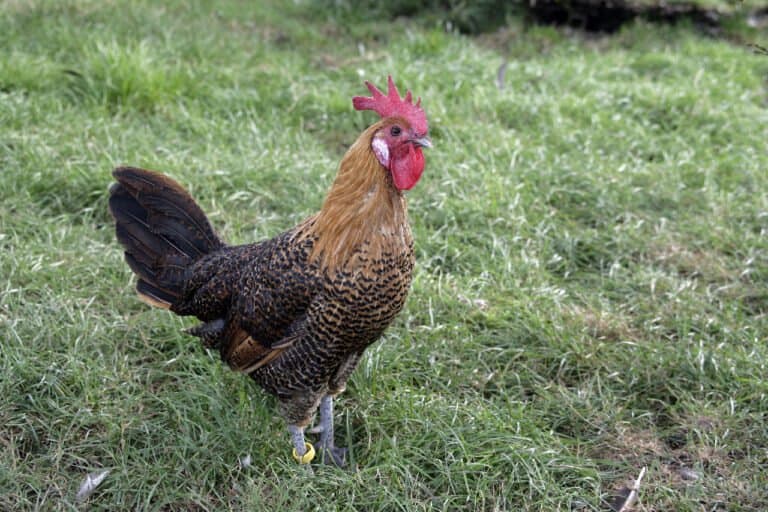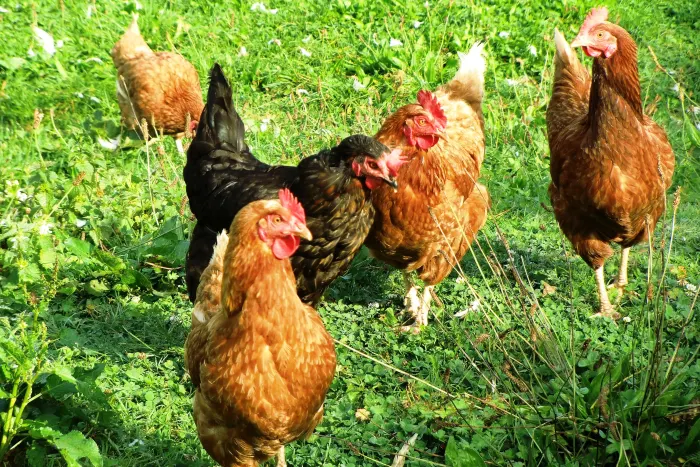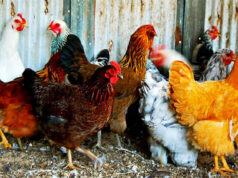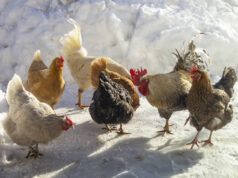Chicken respiratory disease can be a serious issue for poultry farmers and enthusiasts alike. Understanding how to cure chicken respiratory disease is vital for maintaining a healthy flock. In this article, we will explore various methods, treatments, and preventive measures to help you tackle this common poultry problem effectively.

Understanding Chicken Respiratory Disease
Respiratory diseases in chickens can stem from various causes, including bacterial infections, viral infections, fungi, and environmental factors. Recognizing the symptoms early on can significantly improve the chances of successful treatment.
Common Symptoms
- Coughing and sneezing
- Nasal discharge
- Swelling around the eyes
- Gasping for air
- Decreased egg production

Identifying the Causes
Understanding what causes chicken respiratory disease can help in selecting the most appropriate treatment. Major causes include:
Bacterial Infections
Bacterial infections such as Mycoplasma gallisepticum can lead to severe respiratory issues in chickens.Learn More
Viral Infections
Viruses like Infectious Bronchitis, Newcastle Disease, and Avian Influenza are common culprits.
Fungal Infections
Fungi such as Aspergillosis can also be responsible for respiratory problems.
Environmental Factors
Poor ventilation, high ammonia levels, and crowded living conditions can exacerbate respiratory diseases.

Preventive Measures
Prevention is always better than cure. Some preventive measures include:
Maintain Cleanliness
Regularly clean coops and living areas to reduce the risk of infections.Learn More
Good Ventilation
Ensure that chicken coops are well-ventilated to reduce the buildup of harmful gases.
Regular Health Checks
Regularly check your chickens for signs of illness and take immediate action if symptoms are observed.

Treatment Options
Treating chicken respiratory disease often requires a multifaceted approach. Here are some common treatment options:
Antibiotics
For bacterial infections, antibiotics such as Tylosin or Oxytetracycline are commonly used. Always consult with a veterinarian before administering antibiotics.
Antiviral Medications
Antiviral treatments can be used for viral infections, but they are not always 100% effective.Learn More
Antifungal Treatments
Anti-fungal medications can help treat fungal respiratory issues, although prevention is the best measure.
Nutritional Support
Improving your chicken’s diet can boost their immune system and aid in recovery.
FAQs
How do I know if my chicken has a respiratory disease?
Look for common symptoms such as coughing, sneezing, nasal discharge, and labored breathing.
Can respiratory diseases be fatal for chickens?
Yes, if left untreated, respiratory diseases can be fatal, especially in young or weak chickens.
What should I do if my whole flock is infected?
Isolate the sick chickens, consult a veterinarian, and ensure that the living environment is clean and well-ventilated.
As an Amazon Associate, I earn from qualifying purchases.










